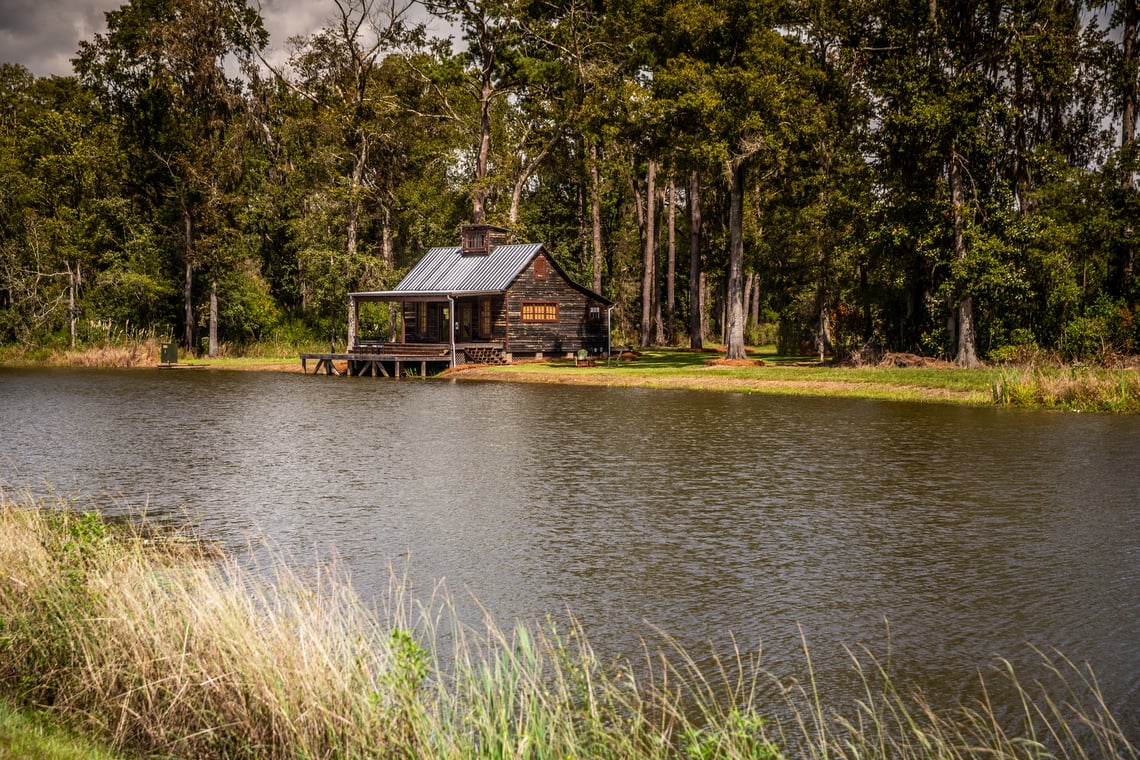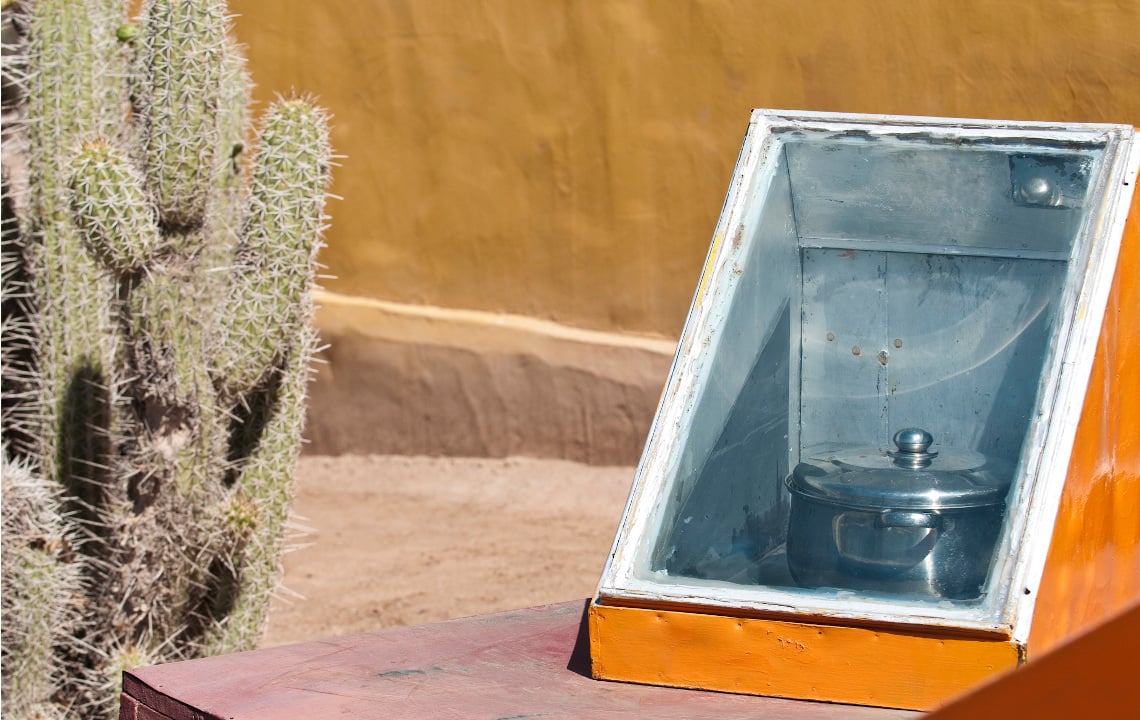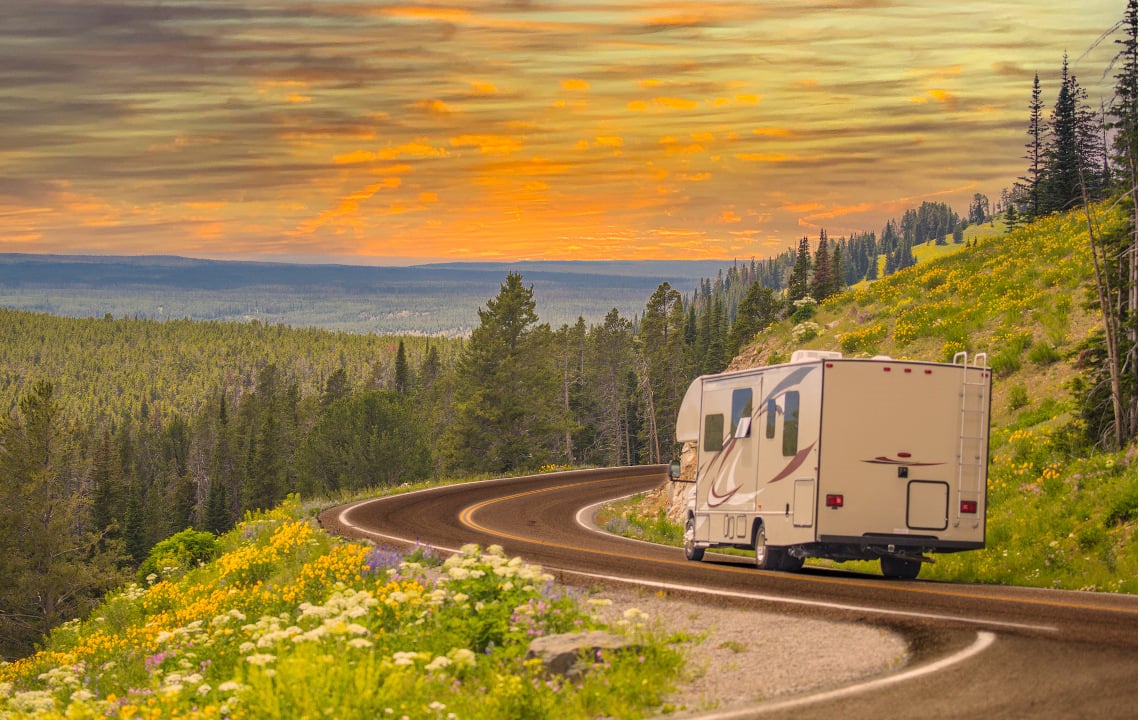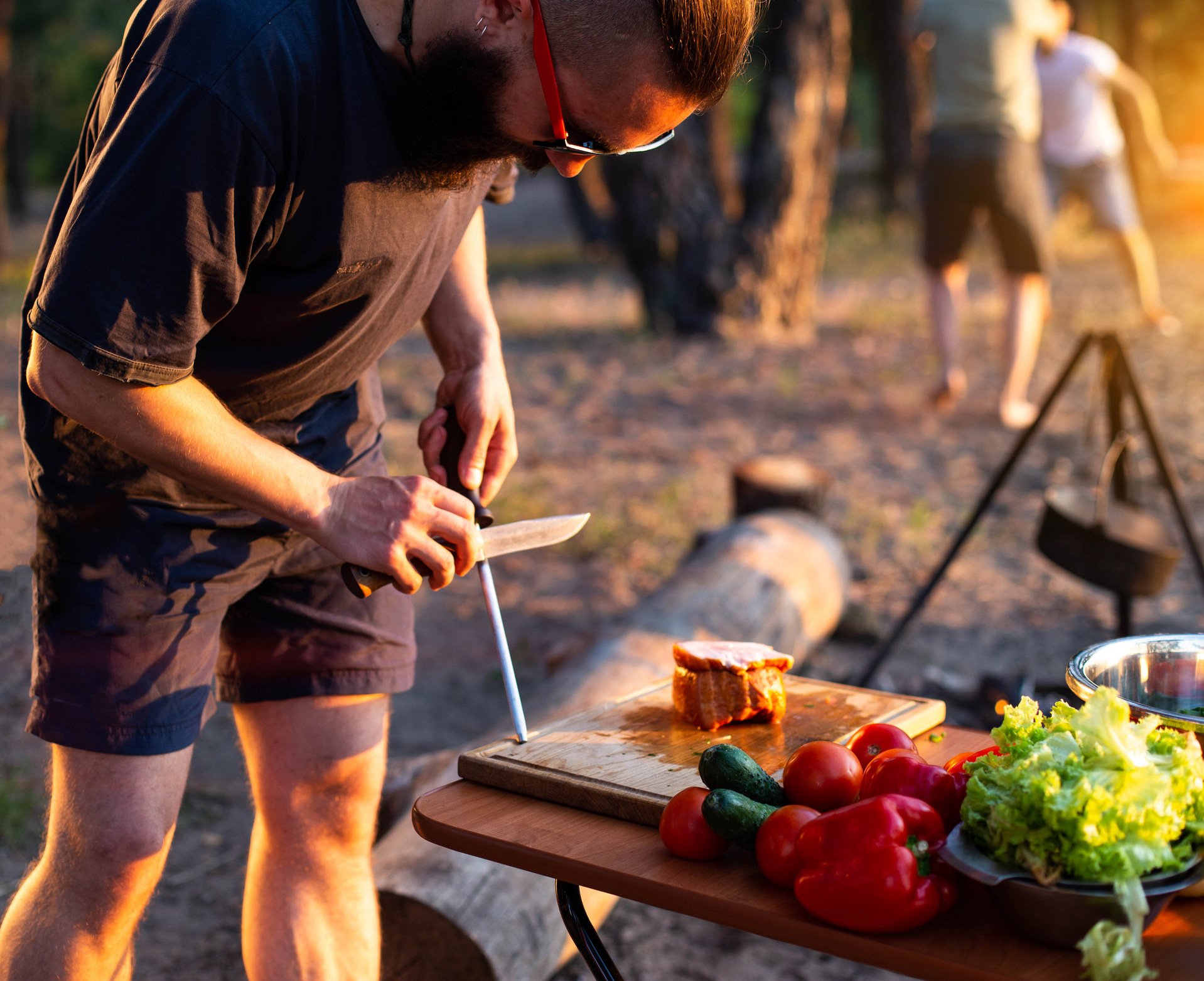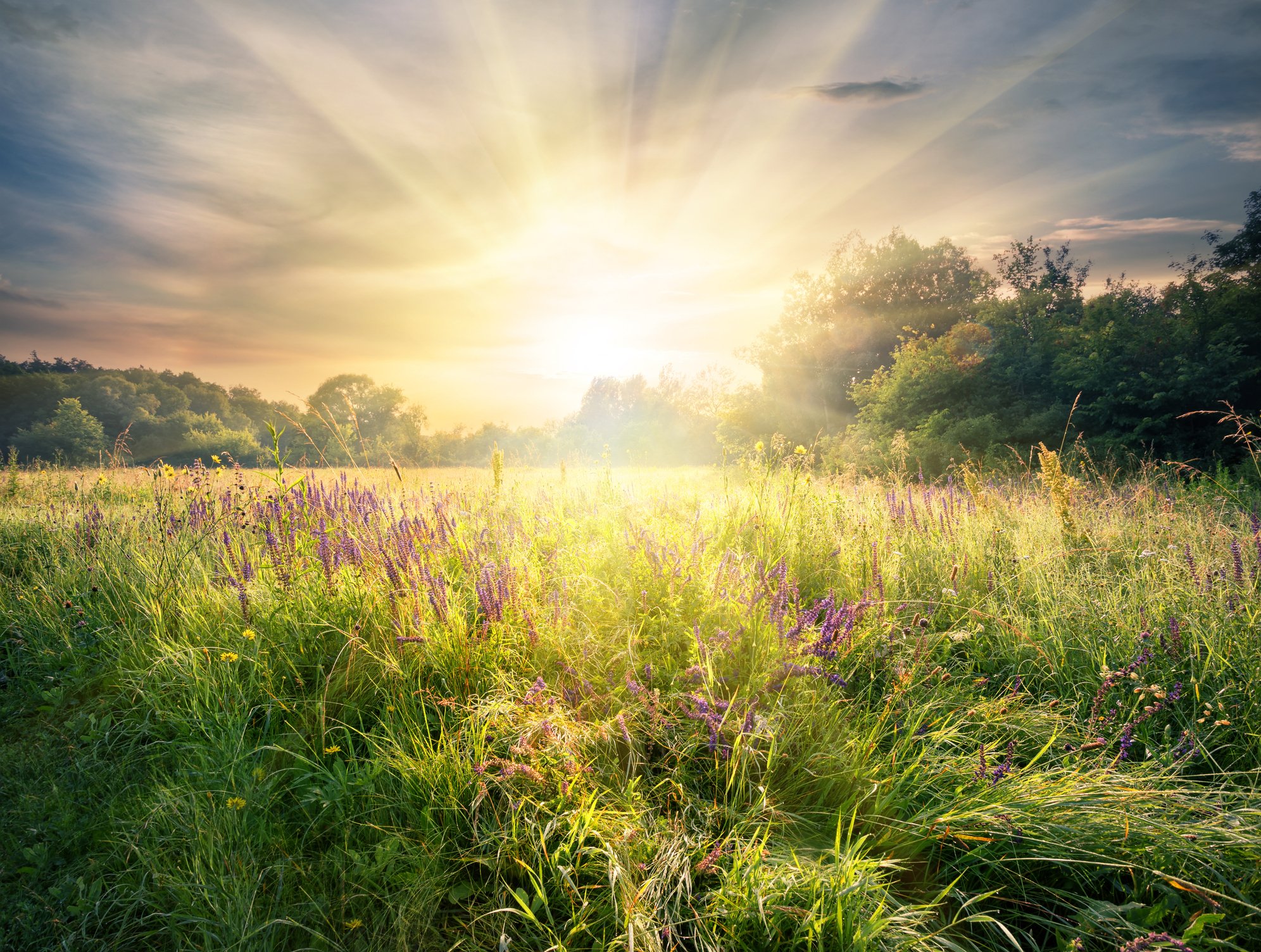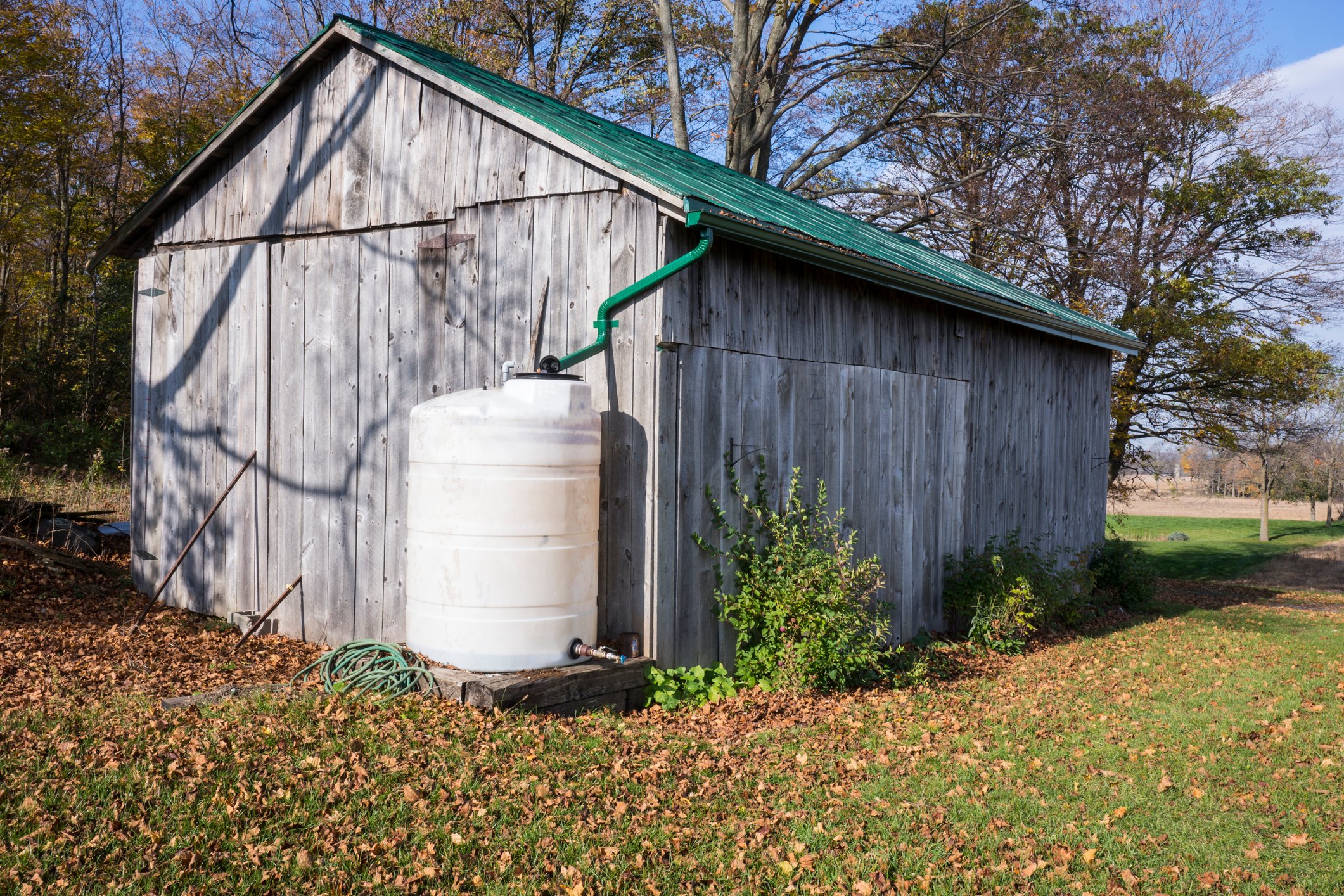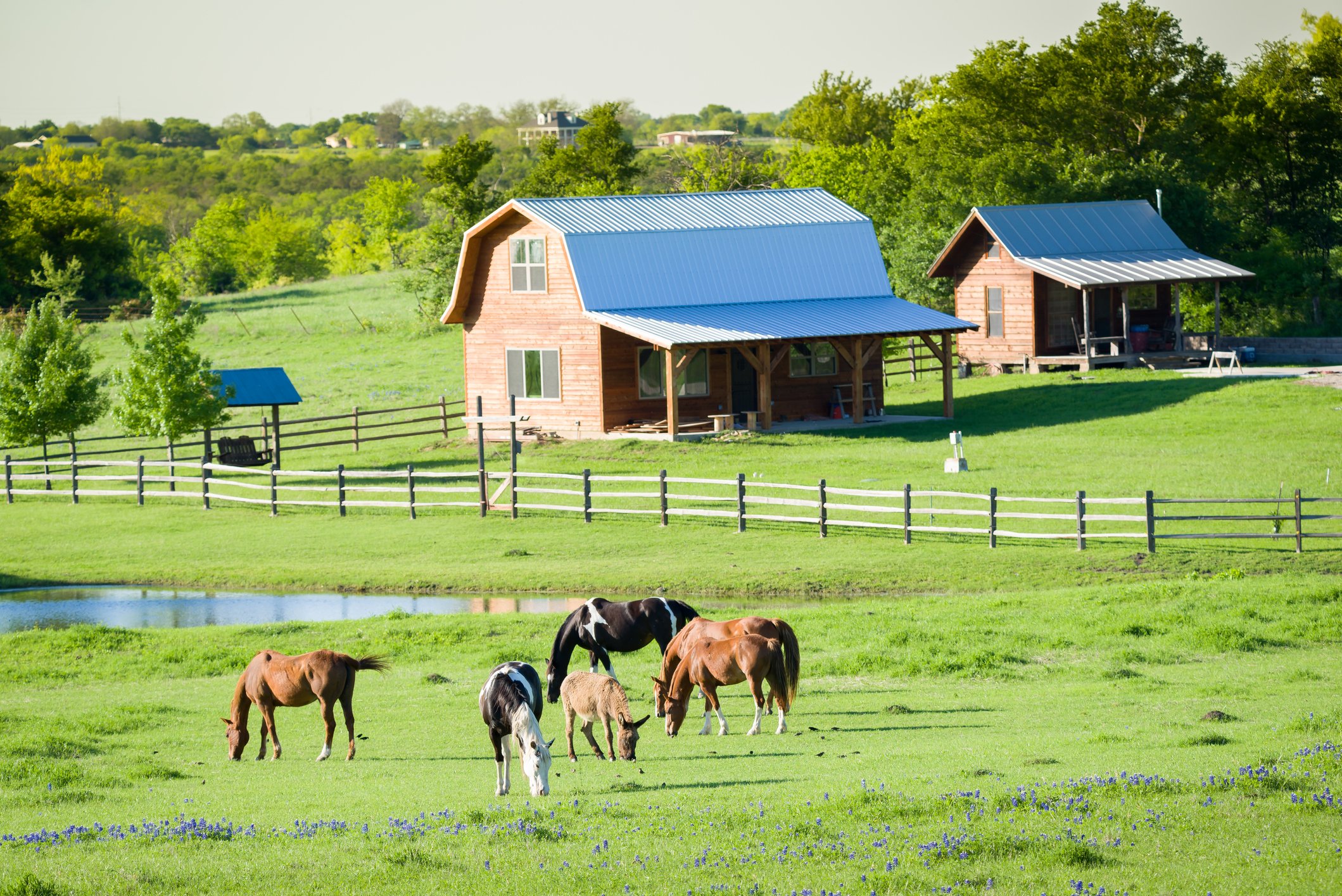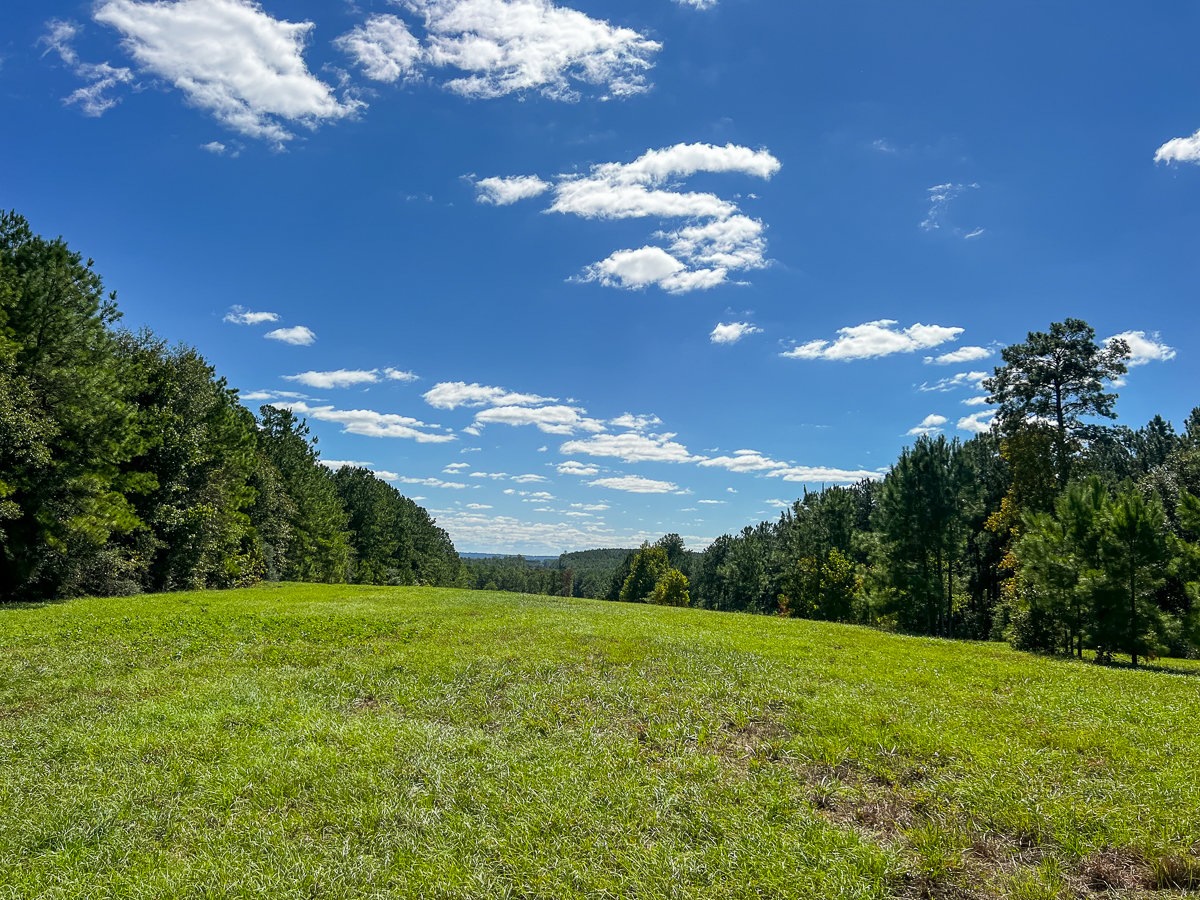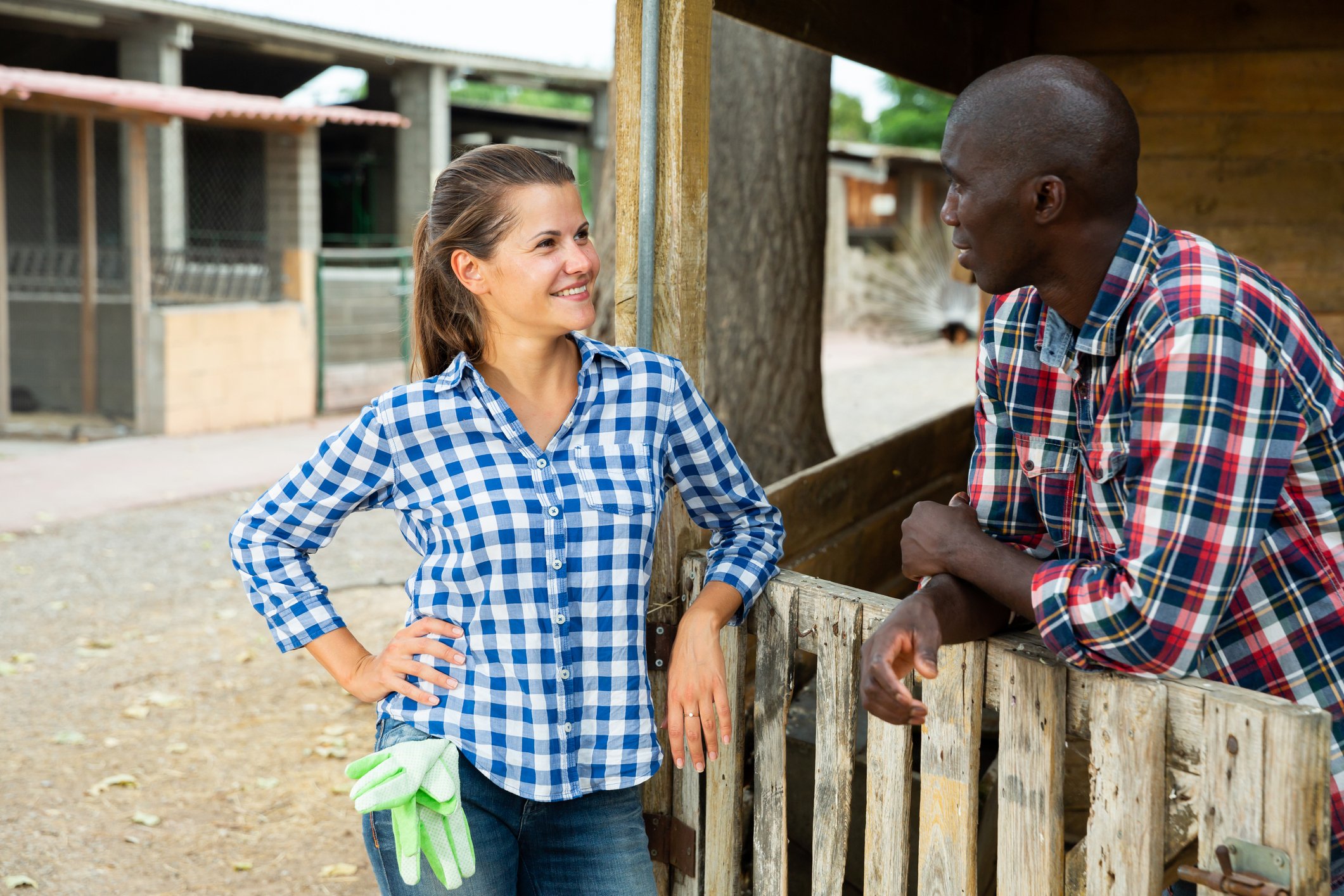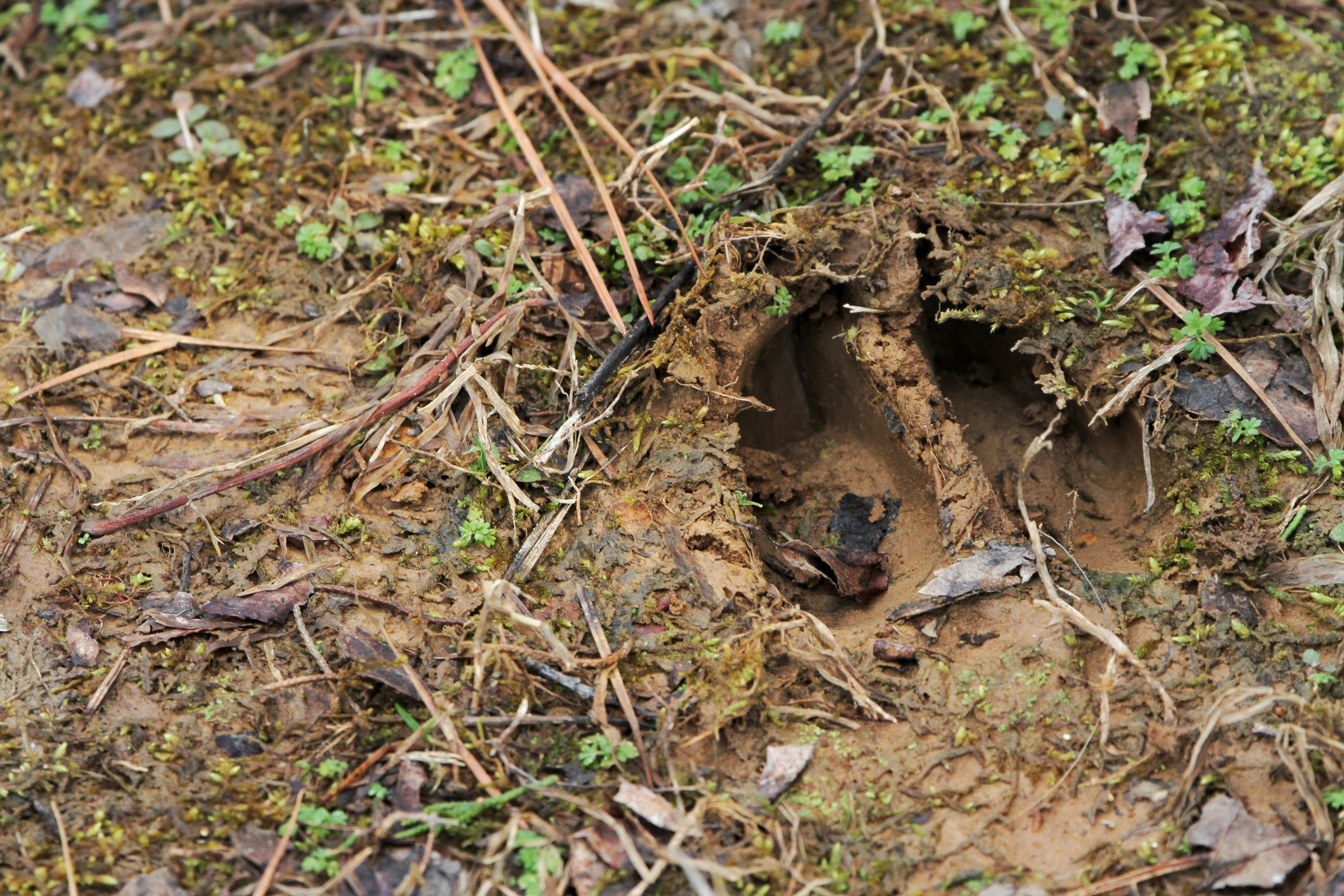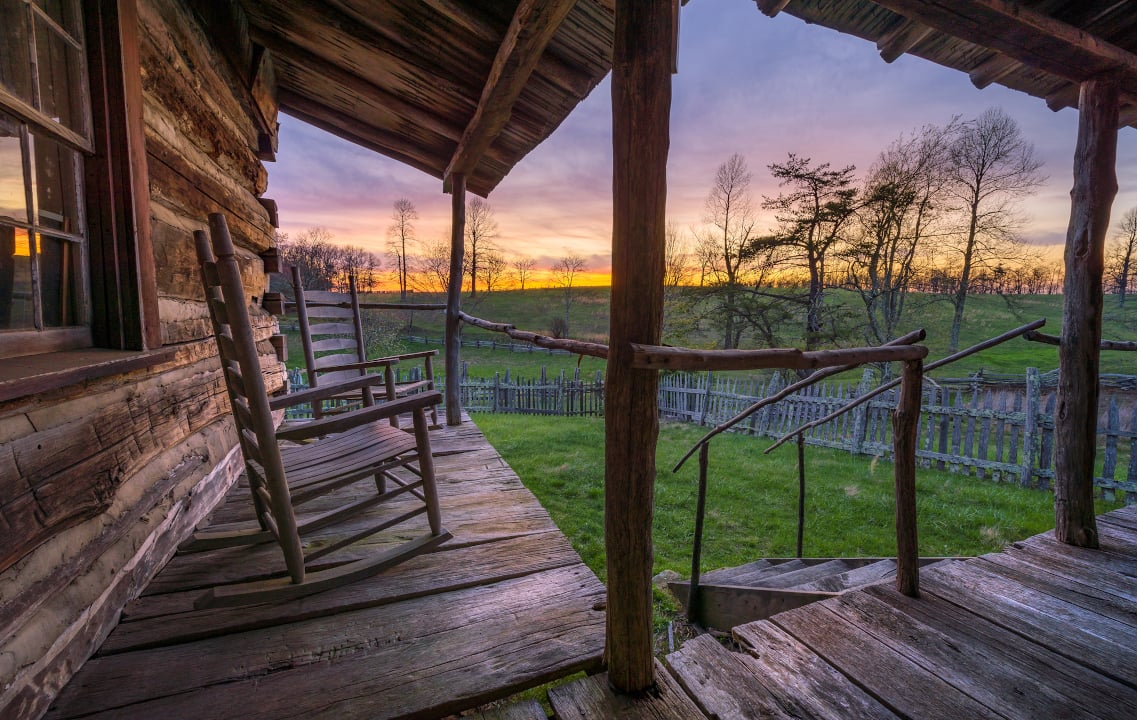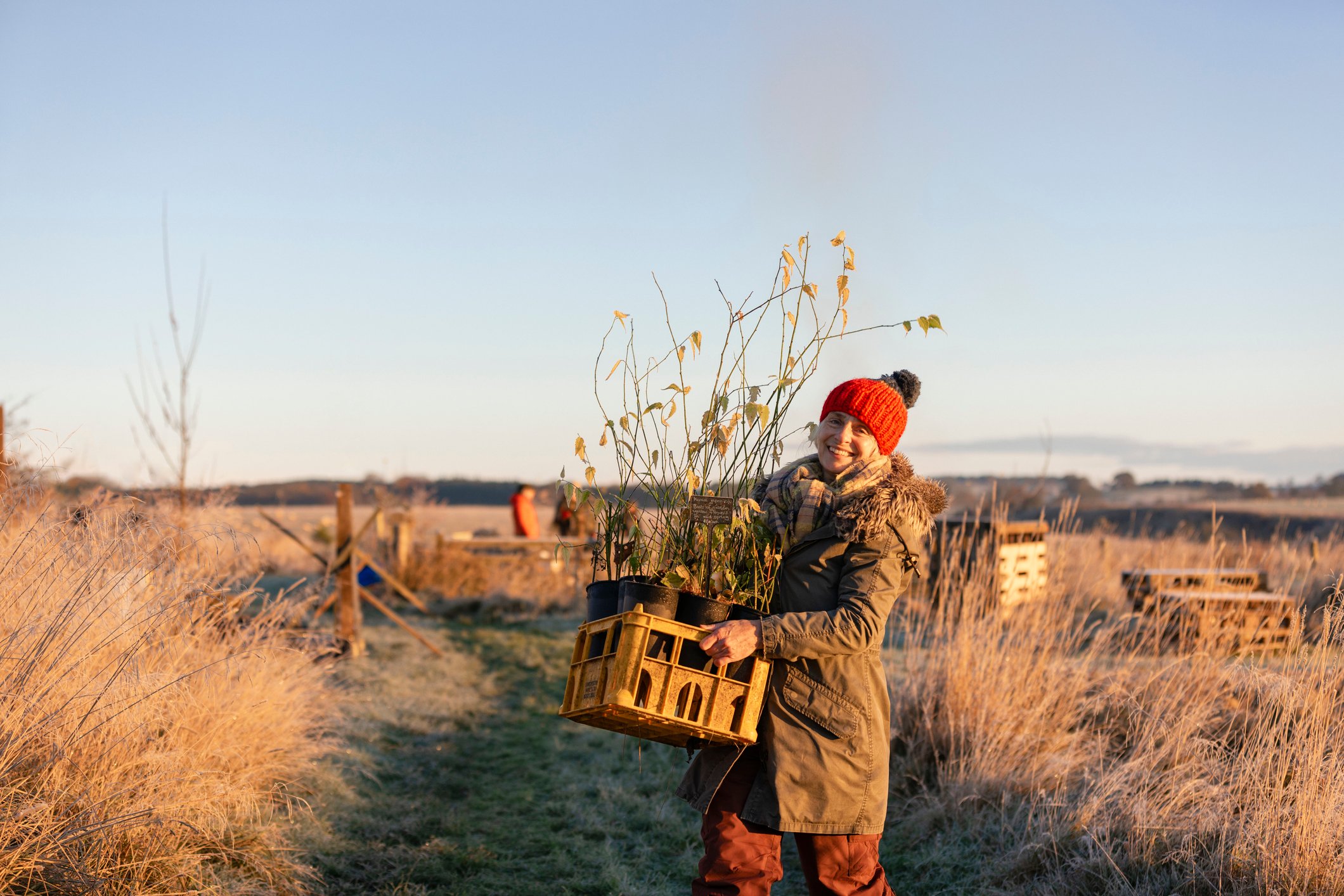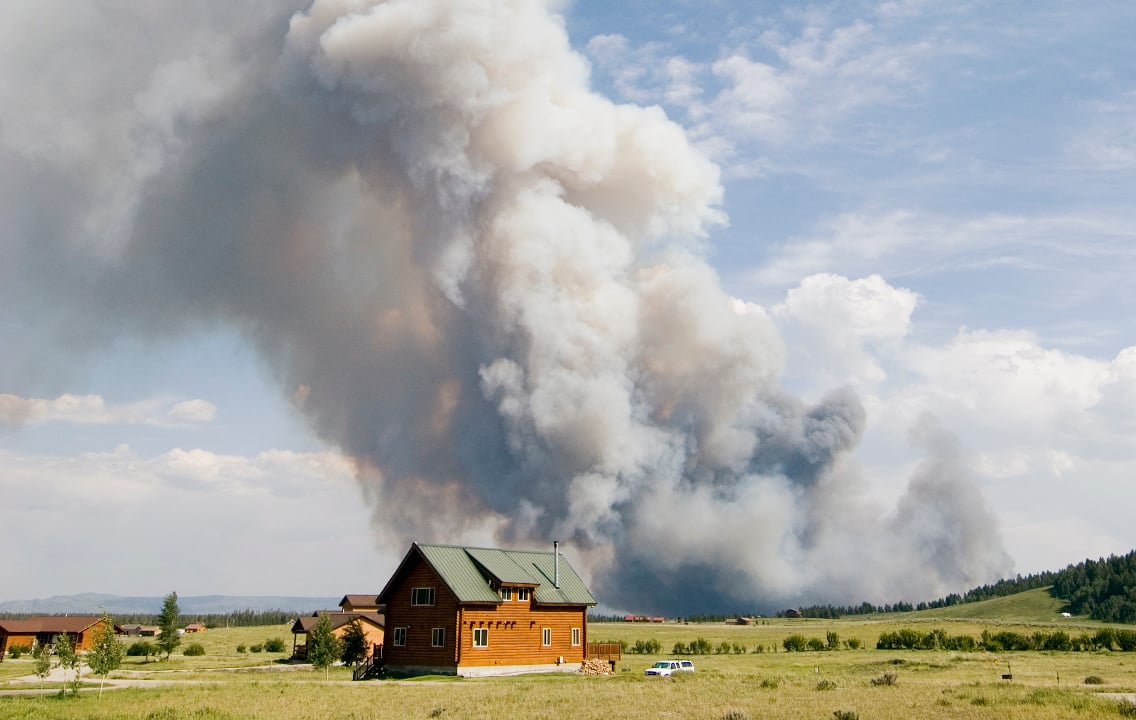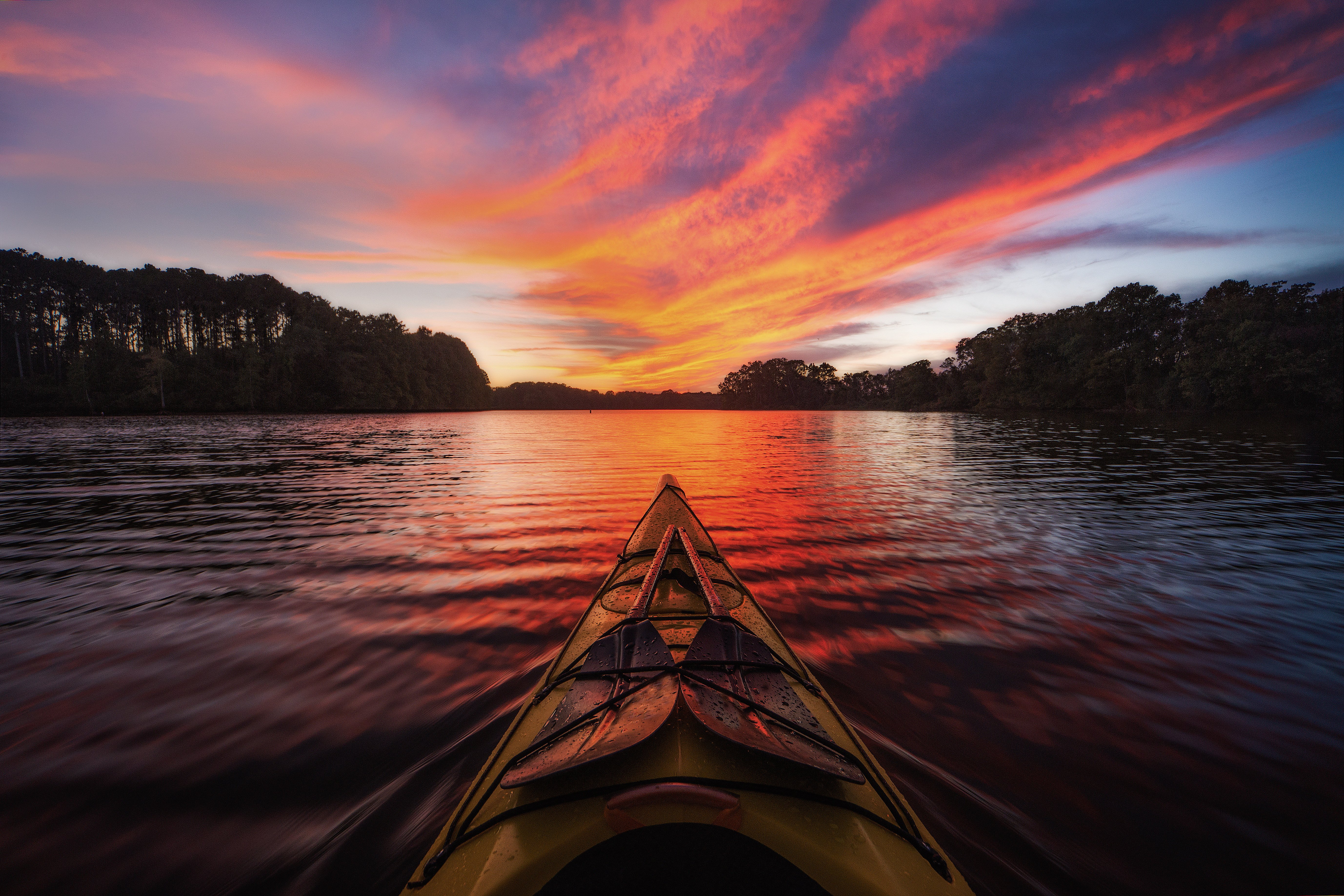If this last year has left you craving more freedom and outdoor space, now could be the perfect time to invest wisely in recreational property. We talked to a Florida-based realtor specializing in rural land to get her best advice on finding the ideal rec land to suit your needs.
The migration trend from city/suburban life to rural living has been going on for quite some time. However, when the pandemic hit, the country shut down and working from home became a long-term reality for millions of Americans, it created an unprecedented boom in rural land sales.
These buyers generally fit into one of two categories: those who wanted to abandon city life for good and make the country their new primary home, and those who wanted recreational land to escape during lock downs and quarantine, and for weekends and holidays.
Since we’ve covered the topic of buying rural land to transform into a primary homestead extensively in previous articles, today we’ll focus on what it takes to find the perfect recreational property for hunting, fishing, ATVing, camping, a hobby farm, a second home, weekend retreat, off-gridding, a multi-family vacation compound, creating an outdoor retreat, etc.
To get the scoop, we talked to Baker County Florida-based realtor and land expert, Brandi Volz, of Thomas R. Rhoden Agency, Inc. Brandi and her father Tommy specialize in helping individuals and families find their perfect piece of rural paradise for recreation or as a place to call their permanent country home.
What are the trends in recreational land?
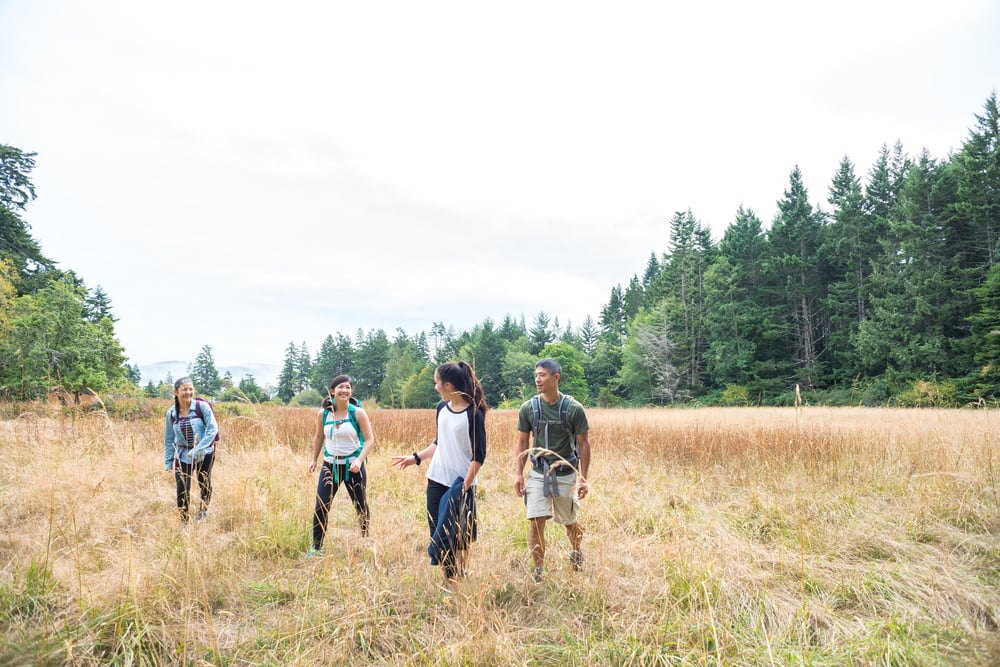
Per Volz, there’s been a huge uptick in land sales in the last year: “Most people are buying land to escape on the weekends due to travel restrictions and hassles. Some are building small homes and using it for hunting, fishing, having the family come out, putting a cow or horse out there, keeping chickens and as a place to escape on the weekends since travel is halted.
"The main draw is you’re not limited on what you can do on your own land, no matter what's going on in the world. You can have a farm, bring the 4-wheelers, bring the kids to hunt, and get back to nature and a sense of normalcy.”
What's the first step You Should Take When Searching for Recreational Property?
Without hesitation, Volz recommends: “Find a local land agent or realtor who specializes in undeveloped land.”
Due to the current land-buying-boom. inventory is low in many areas of the Southeast, thus knowing a good local land agent is essential for getting insider information on properties that may be going up for sale and “first dibs” on new listings.
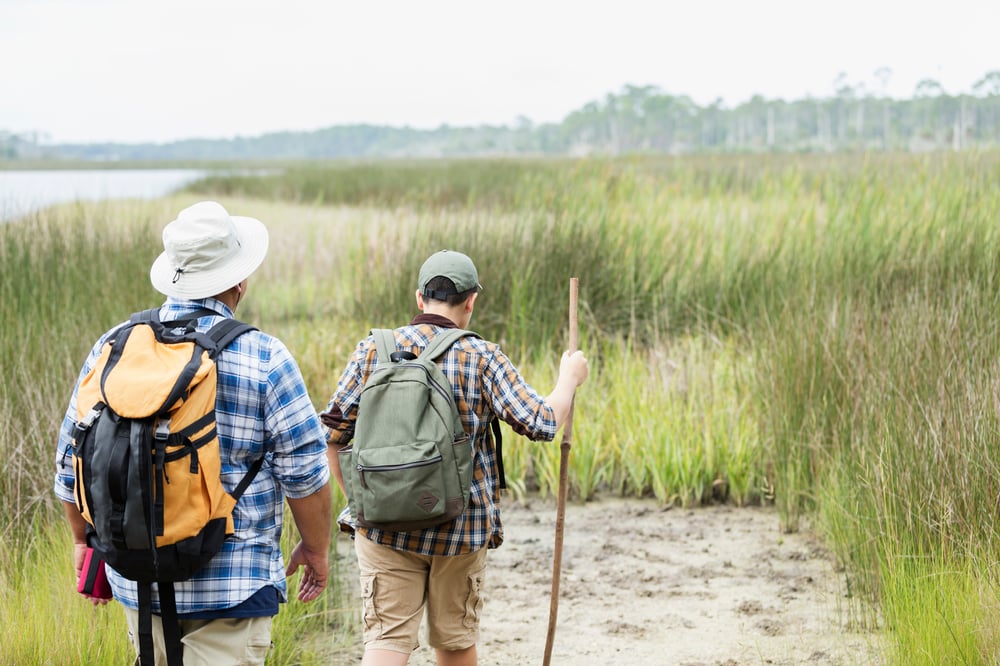
Plus, an experienced agent can help you narrow down exactly what you want and need in a piece of land, recommend the best locations to search and help advise you on laws or restrictions pertaining to your desired recreational use (eg: hunting, fishing, etc.) in the local area.
It also pays to be proactive by searching and setting up alerts from sites specializing in land and farm sales. Volz recommends: Land Watch, Land and Farm, and Lands Of America, but emphasized this should not be considered a substitute for having “boots on the ground” through a local agent.
How to finance recreational land
There’s an outdated misconception that you need a bundle of cash to purchase raw land. Fortunately, that is no longer the case.
Says Volz, “You don’t need to pay cash anymore. There are several lenders who now will finance vacant land without a requirement that you have to build on it.”
However, not every lender will finance raw land. Typically, big banks don’t do land loans so Volz, and other experts, recommend shopping around at small local banks and credit unions and through your local Farm Credit agency.
What about a down payment? Volz says lenders ask for 20% down on average but that amount could be less depending on your credit score, your intentions for the property (if you’re planning to build, for example, a construction-land-loan could change your down payment) and your financial history.
Learn more about financing raw land in: How to Finance a Rural Land Purchase in the South.
What to look for in an ideal recreational Property
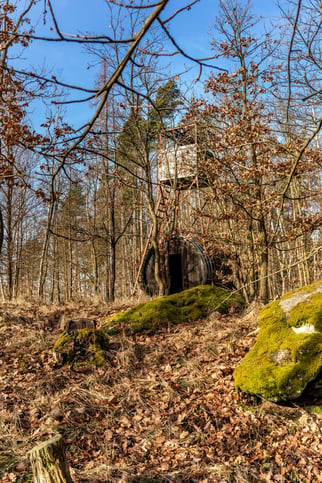 The ideal piece of land for you may be very different than for your friend or neighbor, so it’s important to define the property’s purpose (present and future) early in the buying process.
The ideal piece of land for you may be very different than for your friend or neighbor, so it’s important to define the property’s purpose (present and future) early in the buying process.
For example, the perfect piece of land for hunting would require the right amount of wooded acreage and possibly open area, having water on your land or nearby is also essential to attract wildlife (or for fishing), you also want to confirm there aren’t any zoning or other restrictions on hunting that could ruin your fun (like limits on certain types of game), and talk to your agent and the locals to ensure no commercial or residential developments are possible in that area.
Or perhaps you’re interested in using your property for personal recreation and as second source of income via harvesting timber, leasing the land, or setting up an Airbnb or outdoor retreat. All of these can be worthwhile and achievable goals, but you’ll need to do your due diligence to ensure the land meets those requirements (and a land agent can be very helpful in this regard).
For all types of recreational properties, you also want to consider things like road access, zoning restrictions, the feasibility of setting up basic shelters or building a second home, water, septic, culvert/driveway installation, pond installation or maintenance (if applicable), any protected areas on-site or nearby like wetlands and the cost of installing utilities should you desire it.
“You’ll also need to consider the costs of any land clearing, because that can get expensive depending on what you need.” says Volz.
Location is also important, but again, That depends on your intentions.
Some may want to be as far from civilization as possible — especially if going off-grid or having space to hunt or shoot is priority, while others may desire quicker access to the grocery store, health care facilities (think snake bites and other recreation-related injuries) and other conveniences and essential services.
On the fence about location? Check out: How Far from Civilization Should You Buy Land? for more advice.
For more tips on what to look for in raw land, we recommend: How to Do Due Diligence Before Buying Land and Looking for Land? Don’t Buy a Lemon.
Recreational land As a financial and legacy investment
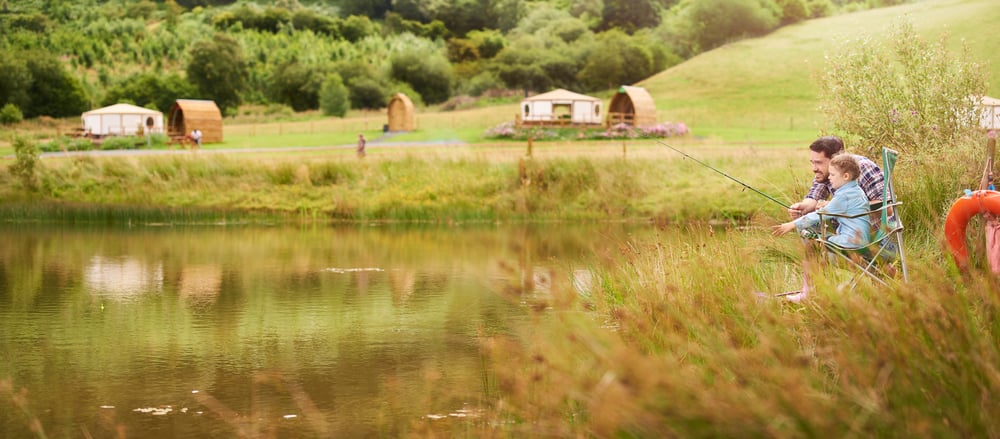
Owning land is a solid investment in terms of financial gain and personal enjoyment, but it also creates unique opportunities to leave a legacy.
There are many ways land owners can go about this, including:
- Using your land to bring your friends and family together in nature and create new traditions and memories.
- Placing portions of your land in conservation so they remain untouched forever.
- Creating healthy habitats for endangered wildlife and plant species to regenerate and thrive.
- Setting up a sustainable forest, certified tree farm or regenerative farm to protect the environment while drawing down carbon.
- Managing wildlife to create balance and diversity.
- And leaving the land to your children or grandchildren so it can be enjoyed and stewarded for generations to come.
Insofar as financial gains are concerned, land has proven to hold and/or increase its value and is far less volatile than the stock market. Even if land values go down temporarily (which did not happen during the pandemic), the land is still yours and will be yours when prices rebound, which is why smart investors diversify by owning land.
Says Volz, “Land is a great investment because, like my Daddy has always says, they’re not making any more land! You can always put your money in land and get your money back.”


